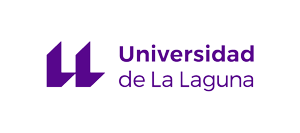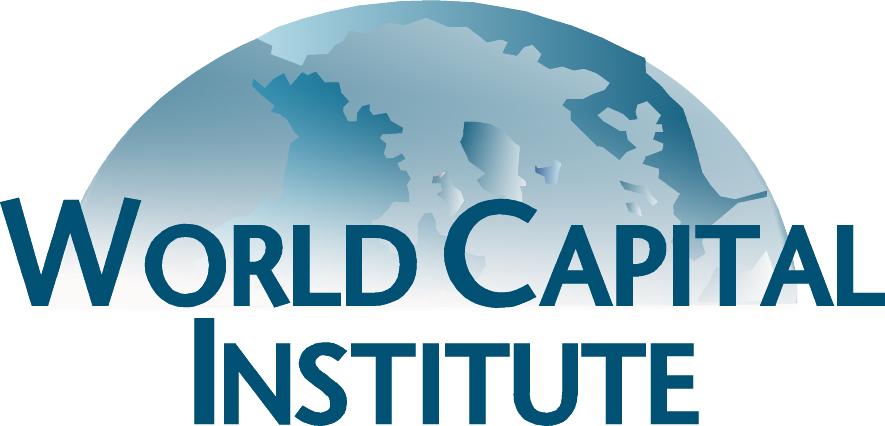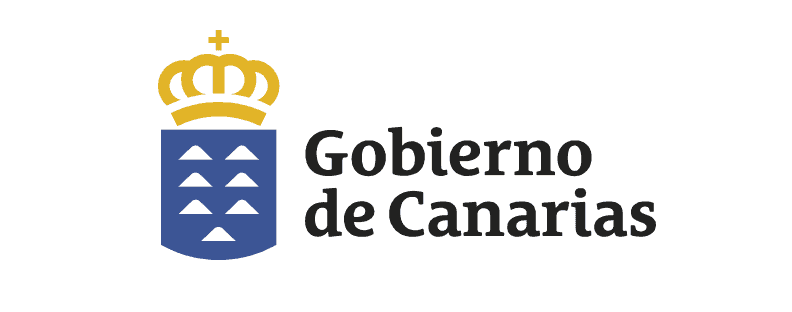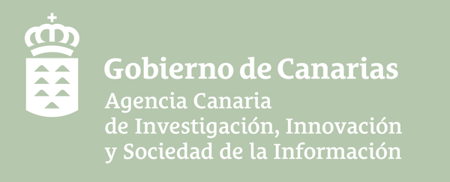Dr Cathy Garner has a life-long commitment to understanding and driving social and economic improvement through innovation. With a first class honours degree and a PhD in urban geography from the University of Edinburgh, Cathy has focused her academic and public policy career on issues in urban centres. Most recently, she led the successful partnership of Manchester Knowledge Capital as its Chief Executive for six years.
SPEAKERS
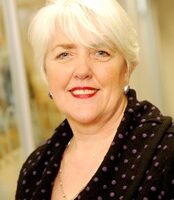
Dr Cathy Garner
FRSA FSS
She is an Associate of the Council for Industry and Higher Education and served on the Strategic Advisory Board for Intellectual Property for the UK between 2008 and 2010. She was a member of the Cabinet Office Innovators’ Council in 2010 and is a member of the Standing Selection Committee for the Networks of Centres of Excellence in Canada.
Cathy led an international NGO which addressed the health needs of the global poor, through creative intellectual property solutions which was established by the Rockefeller Foundation. Previously Cathy established and ran the Research and Enterprise Office at the University of Glasgow in Scotland. She led the establishment of the Scottish Institute for Enterprise and was a founder director of the Scottish North American Business Council. She has served as a Board member of the Association of University Technology Managers (AUTM) in the USA and was their inaugural Vice President for International Relations. She is a Fellow of the Royal Statistical Society and a Fellow of the Royal Society for Arts.
Can knowledge cities lead the way in tackling the causes and consequences of increasing inequality? How can they best enact locally-based policies to counteract the global and national forces which are driving this increase? This paper will both chart the underlying forces and highlight exemplars of positive action for inclusion from cities around the globe.

Ana Cristina Fachinelli
Universidade de Caxias do Sul (UCS) | Caxias do Sul, Brazil
Department
- Graduate Program in Administration (PPGA) Programa de Pós-Graduação em Administração
Territoriality as knowledge context (K-context) concerns economic, social and cultural relations. It is closely linked to the way people use the land, how they organize themselves in space, how they give meaning to the place. The presentation will focus on how the universe of social value could underlie the territoriality as a consistent system leveraging knowledge-based development in Brazilian singular places.

Dr. Blanca Garcia
BA (Soc) ; BEd (Edu); MSc (Dev) & PhD (Dev) University of Manchester, UK
Dr. Blanca Garcia is an interdisciplinary Human Resources Developer dedicated to the facilitation, creation and Development Policy research of knowledge-generative networks that engage people at the city-region level. She works as a Researcher in the Public Policy Department of the Northern Borderlands Research College (COLEF) in the research unit based in Monterrey, Mexico.
She joined the World Capital Institute (WCI) in 2007, as a member of the Executive Board of Directors, in the capacity of Awards Programme Executive Director. In such capacity, she manages the KBD international consultation exercise known as MAKCi Awards (Most Admired Knowledge City Awards) held on an annual basis.
Blanca is also a member of the Executive Board of the Knowledge Cities World Summit (KCWS) that convenes the Summit in host cities around the globe.
Blanca works under the flag of Knowledge City schemes, focusing in city-region initiatives triggered by social learning in networks as one of the key processes that spear up knowledge-based development (KBD) in urban contexts.
She has contributed with Knowledge-Cities case studies for a number of publications, as well as with knowledge facilitation case studies relevant to Personal Knowledge Management (PKM) for institutional development.
Affiliation
El Colegio de la Frontera Norte. (COLEF)
277, Tecnicos. Col. Tecnologico.
Monterrey, Nuevo Leon.
My presentation aims to explore the interrelationships between resilience, water security and Smart City concepts paying particular attention to the economic and social challenges and opportunities these bring. Framed in the ERC research objectives, the paper will intend to analyse such conceptual convergence through more critical environmental issues such as water quality and water access for the urban poor.
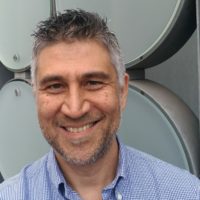
Tan Yigitcanlar
WCI Executive Director Events Program
Dip (CityPln), BCRP (Hons), MSc (UrbDes), PhD (UrbPln)
Science and Engineering Faculty Civil Engineering and The Built Environment Property and Planning Queensland University of Technology 2
Tan Yigitcanlar is an Associate Professor at the School of Civil Engineering and The Built Environment, Queensland University of Technology, Brisbane, Australia, and an Executive Director at the World Capital Institute, Monterrey, Mexico.
He has been responsible for research, teaching, training and capacity building programs on the fields of urban and regional planning, development and management in esteemed Turkish, Japanese, Finnish and Australian universities.
The main foci of his research are advocating and promoting knowledge-based urban development and sustainable urban, infrastructure and transport development in city-regions.
He is an Associate Editor of the International Journal of Knowledge Based Development and the Chairman of the Knowledge Cities World Summits.
The presentation will focus on the future of smart and sustainable cities. It will: (a) Introduce a retrospective view on the origins of the smart city concept; (b) Present the most recent perspectives on the new interpretations of the smart city notion; (c) Discuss the potential directions for a better reconceptualisation of smart cities to evade a most likely urban ecocide, and; (d) Introduce the key aspects of the notion of post-anthropocentric cities that is the archetype of establishing truly smart and sustainable cities.
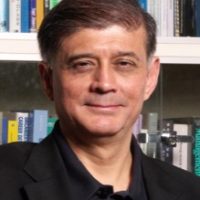
Francisco Javier Carrillo
WCI President
An international consultant and a Professor of Knowledge Management (KM) at Tecnológico de Monterrey, he is regarded as a World leader in Knowledge Cities and Knowledge Based Development.
He founded in 1992 the Center for Knowledge Systems , where he has lead over a hundred contracted projects as a director up to this date.
He has developed the Capital Systems Framework as a model of knowledge-based organizations.
He is President of the World Capital Institute (worldcapitalinstitute.org), the organization heading the annual MAKCi Awards (Most Admired Knowledge City) as well as the Knowledge Cities World Summit (upcoming KCWS Melbourne 2010).
He is a founding member of the New Club of Paris and seats on the editorial boards of several international journals and KM-related professional organizations.
He has built a KM network throughout the Americas and is listed in Who´s Who in The World, Who´s Who in Global Banking and Finance and in the Special Edition 2000 of The Barons 500.
Scientific evidence on the existential risks posed to life on Earth as a result of Antropogenic change have been available for over three decades. However, response from global governance, major countries and public at large is far from adequate. Why? Can this state of denial be explained and reverted?
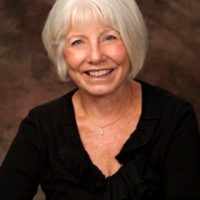
Patricia Inman, Ed.D.
Senior Research Scholar
Center for Governmental Studies
Northern Illinois University
DeKalb, Illinois 60115
Place-based thinking introduces bioregionalism as an alternative to our current “rootless” existence and weakened social ties.
This strand discusses what it means to live, work and eat in relation to naturally, rather than politically, defined areas.
How are these areas defined and celebrated?
How do we develop “grounded” economies that support both the environment and social inclusion? What are the implications for higher education?
Join us as we imagine a new way of inhabiting our “place”!

Philip Ternouth
MA(Cantab), MCIM, MIoD
Universities have come to be seen as important partners in local and regional economic development.
However, their contribution is limited by issues related to both the institution and their partners which result in a lack of absorptive capacity in the innovation ecosystem.
This paper draws on practice-led research and case studies to show how these barriers may be overcome and innovation accelerated

José M. Viedma
Doctor of Industrial Engineering
Doctor of Industrial Engineering, a graduate in Economics and Emeritus Professor at UPC Polytechnic University of Catalonia and UPC School of Professional & Executive Development in Barcelona, Spain. He has held top executive positions in computer services and management consultancy firms.
Jose researches on knowledge management and intellectual capital management at the micro level and knowledge economy and knowledge-based development at the macro level His current field of interest is focused on the strategic management of intangibles for wealth creation and poverty reduction.
Further information can be found in: http://www.jmviedma.com/.
The advent of the Knowledge-based economy has dramatically changed the foundations of wealth creation for individuals, companies and nations. Assuming wealth is equivalent to abundance of valuable assets, in the new context of the 4th Industrial Revolution wealth is moving from tangible to intangible assets, and the main intangible asset is knowledge. Consequently, wealth is mainly accumulated knowledge.
After an introduction the presentation focuses on two main purposes:
First, discovering from the existing relevant literature on sustainable political, economic and social development and on competitiveness, innovation and intellectual capital at the nation level, which are the principles and theories that guide nations’ wealth creation in the knowledge economy context. This purpose tries to answer two fundamental questions: Who does create wealth? and How is wealth created?
Second, finding out the suitable methodology or framework to enable an in-depth diagnosis of a nation’s wealth creation potential foundations.
In summary, the presentation tries to highlight the fundamental role of strategic management of intangibles at the nation level for sustainable wealth creation and poverty reduction.
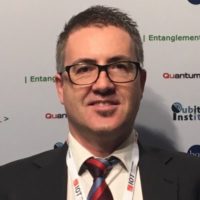
Julià Manzanas
CEO and Founder of Cabier Institute
Julià Manzanas has been TYNAX EMEA Advisor since 2009. He is a consultant in patents and trademarks, specializied in intangibles valuation, strategy and technology transfer.
He also collaborates with Silicon Valley Business School and with ValueMyPatent.com.
He has been collaborating with various consultants and companies focused on innovation, valuing patents, trademarks and other intangibles.
He is founder and Vicepresident of the Knowledge Economy and Innovation Commission of the Col·legi d’economistes de Catalunya.
Julian is member of The New Club of Paris, an agenda developer for the knowledge economy. The club’s aim is to support nations, regions, cities, communities, and organizations in their transformation into the knowledge society.
Julian is also member of the Humboldt Cosmos Multiversity, a great Think Thank initative of NCP in Tenerife.
Julian has been Senior Manager in Financial and Insurance Market at Indra and Business Consultant at gedas (VW group). General Manager at SIA Iberia, Apples BPO, Thot WS and Cabier Institute.
He has been graded in Economics and Business Administration by Barcelona University and he has an international Master in Quantitative and IT Methods applied to Business Management for the Universities of Barcelona, Milan, Paris-2 and Lisbon.
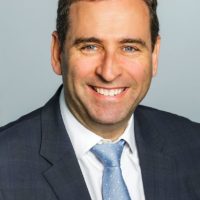
Ramón Condal
Didactic & Customer Solutions & Operational Manager at Festo (Spain & Portugal)
BSc (Industrial/Technical Engineering) , MSc (Operations and Supply Change Management), MBA
Ramon has 23 years of expertise in the automation industry, adding value both in manufacturing sectors and didactics.
He leads a team that diligently provides productivity improvements to Festo customers through consulting and training solutions.
Part of his sphere of work is offering schools the necessary equipment to train future professionals in the latest industry technologies.
He currently serves as President of Aiftop: Asociación Ibérica de Fabricantes y Comerciantes de Transmisiones Oleohidráulicas i Neumáticas.
For more information visit my LinkedIN
Description: In an international competitive environment in the industry only those who are really prepared and able to follow the changes and get the most out of it will be able to maintain the industrial leadership.
What are these key factors that Spain should be aware of and promote?
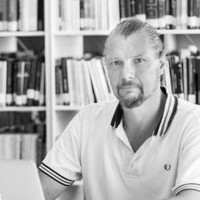
Mathias Bergstrom
CEO at Quantum1Net - Decentralized Service Platform
Successful Innovator and entrepreneur with a focus on business and technical strategies of decentralized network solutions using Blockchain.
- Been building Network solutions for more than 25 years
- Founded and co-founded multiple startups as CEO and CTO
- Has over 60 patent claims in P2P and Internet optimization techniques
- Huge believer in the Internet for good
